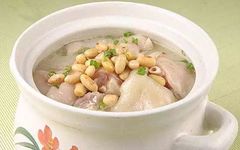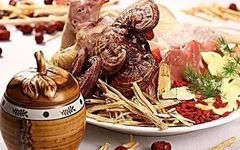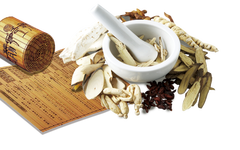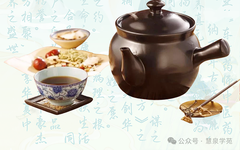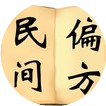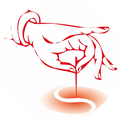Differentiation of Blood Deficiency, Blood Stasis, Blood Cold, and Blood Heat in Traditional Chinese Medicine with Dietary Therapy Recommendations
In daily life, doctors often diagnose conditions such as blood deficiency, blood stasis, blood cold, and blood heat. What are the differences among these conditions, and which one might you or your family be experiencing? After confirming symptoms and constitution with a healthcare provider, what else can you do besides regular treatment? In this article, … Read more

